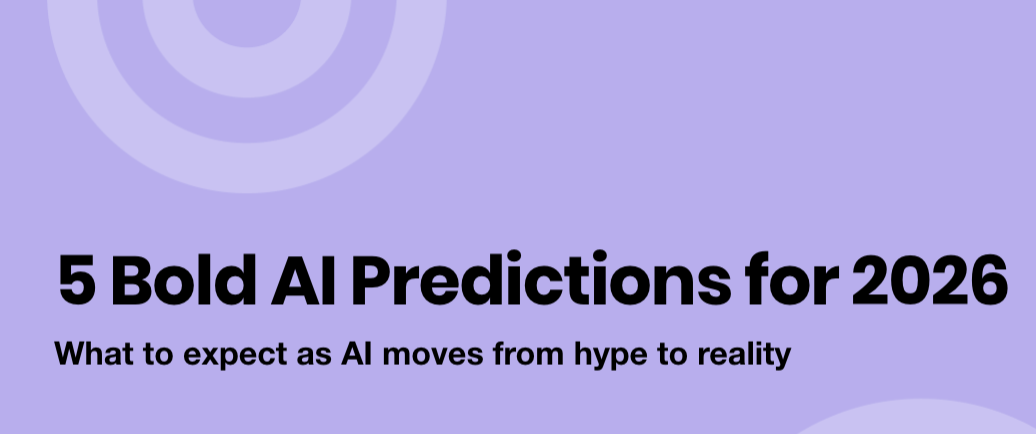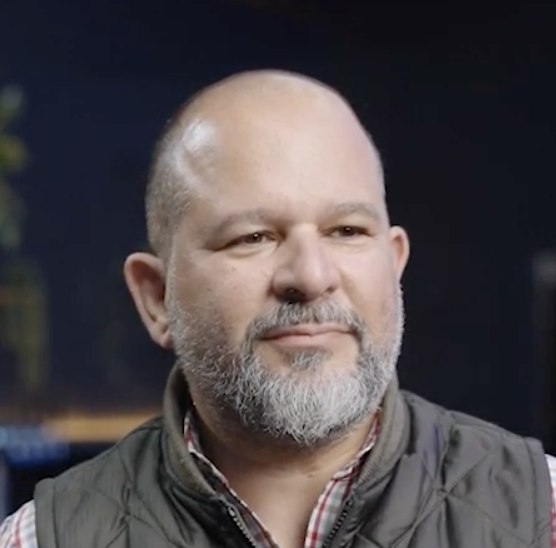
super{set}’s Spectrum Detoxifies The Online Space
super{set}’s Spectrum Detoxifies The Online Space
We are living in a time of extraordinary concern about the negative consequences of online platforms and social media. We worry about the damage interactive technologies cause to society; about the impact to our mental health; and about the way that these platforms and their practices play to our most destructive impulses. Too often, the experiences we have online serve only to polarize, divide, and amplify the worst of human nature.
There is good reason to be concerned. According to a 2017 Pew study, more than 40 percent of all Americans have been personally harassed or attacked online, and two-thirds have seen attacks directed at other people. Nearly one in five Americans faced harassment that was particularly severe, like physical threats or sustained sexual harassment. An Anti-Defamation League survey in 2019 found that 74 percent of people who play video games online in the United States say they’ve been harassed — and more than half of these said they were attacked based on their ethnicity, race, ability, religion, gender, and sexual orientation. At a time when so much of our communication and interactions have moved to online spaces, the impact of toxicity and harassment is extreme and dangerous.
So how do we reverse this negative spiral? How do we fight back against this rising toxic tide?
That’s where Spectrum Labs comes in.
The first-ever company to come out of super{set}, Spectrum Labs uses AI to help companies recognize and remove toxic online content in real time. By processing unstructured linguistic content, Spectrum can detect harmful behaviors like misogyny, racism, sexual harassment, solicitation for prostitution, and terrorist grooming across billions of messages in 30 different languages. Instead of using a large offshore team to regulate content the way large companies like Facebook do (with increasing psychological harm to the human moderators sifting through all of the noxiousness), Spectrum offers online platforms a reliable, efficient, and scalable tool to keep their communities safe.
At super{set}, we knew from the start that Spectrum Labs was something special. As experts in AI and data, we recognized that Spectrum offered a great team, differentiated technology, and an onramp to what we saw as a huge, untapped market — even at a time when others weren’t seeing the same opportunity we did for machine-based moderation of toxic and dangerous online threats. That’s why we stepped up as the first institutional investor in the company; it’s why we led the seed investment process at the beginning of 2019; and it’s why we were eager to pick up a shovel and help Spectrum’s super-talented Founders, Justin Davis and Josh Newman, think through the early technology and land early customers. Justin and Josh worked with me and Vivek at Krux, so we knew they had the grit and the smarts to build a great tech company.
We didn’t just want to critique and fund an extraordinary company. We wanted to help craft its development, working shoulder-to-shoulder with great entrepreneurs to build a better future.
Already, Spectrum is turning heads. With help from investors like Wing, Ridge Ventures, and Greycroft, who led the company’s Series A, Spectrum has demonstrated its effectiveness on dating sites, gaming services, marketplaces and social media apps. The company’s product has been adopted by major online platforms like Pinterest, Riot Games, Meet Group, and Mercari.
This is only the beginning. Currently, the company is focused on social, dating and gaming sites where the worst human behavior often manifests itself. Over time, it will become vital infrastructure for any brand looking to engage with consumers and customers online. Whether it’s a beauty company trying to keep trolls out of online tutorials, or educational organizations safeguarding kids from cyberbullying, Spectrum offers the power to detox the online space at a scale and effectiveness that has never been possible until now.
When we launched super{set} in 2019, we envisioned a startup factory designed not only to do revolutionary things, but to create positive, life-changing outcomes. We harness the power of data and AI to open up new categories, to reinvent old ones, to tackle previously intractable challenges, and to do well by doing good. Spectrum is an exciting proof point for super{set} certainly at the level of team, market, and technology, but also in the way it connects with the larger purpose we set out for ourselves on day one.
We’re proud of Spectrum’s success and grateful for the opportunity to build something durable and great with the entire Spectrum team.
Tech, startups & the big picture
Subscribe for sharp takes on innovation, markets, and the forces shaping our future.
Let's keep in touch
We're heads down building & growing. Learn what's new and our latest updates.


